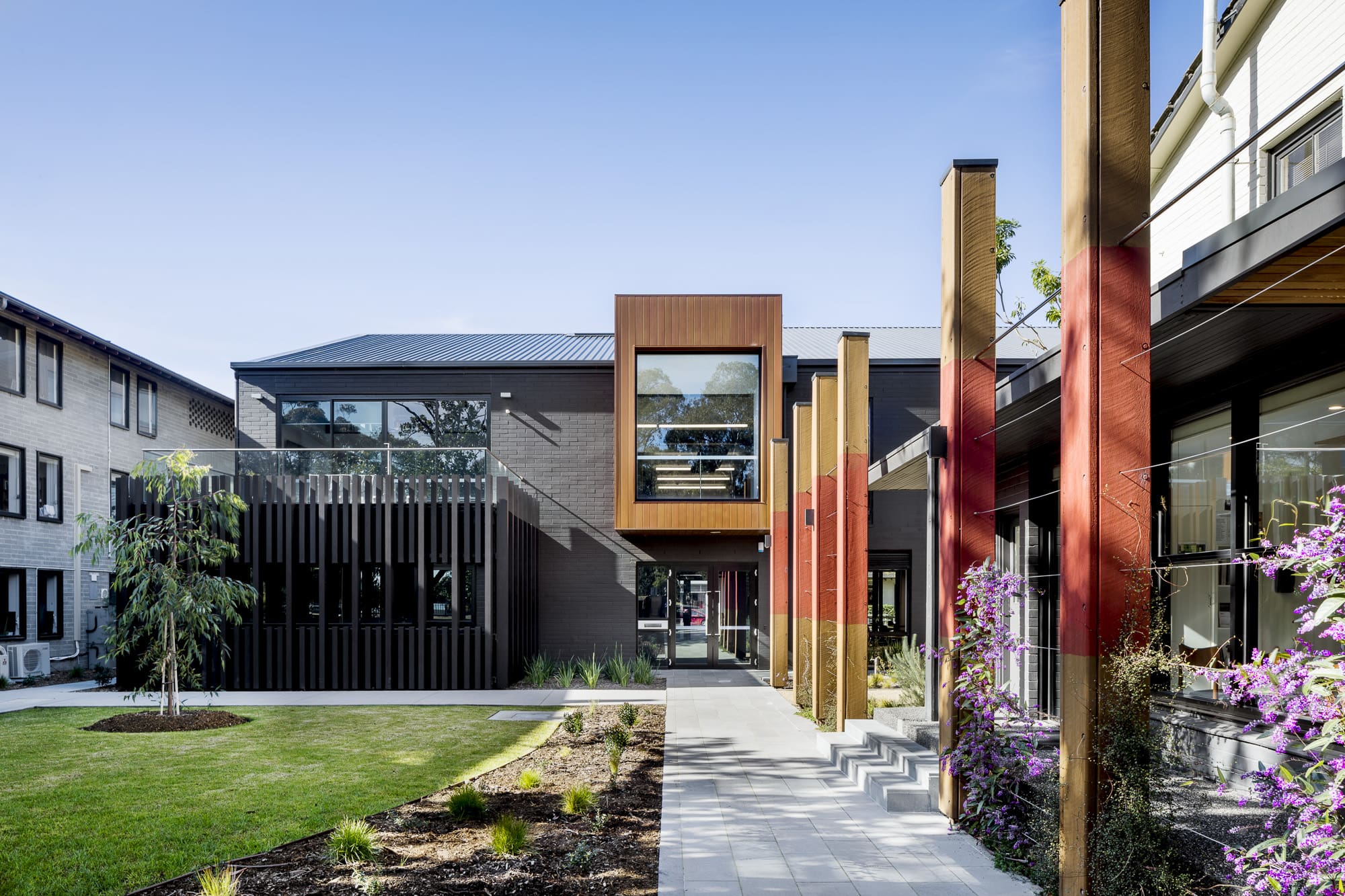Reflections from the other half
This post was originally published on 30 September 2020 in the official blog for the Logos Institute of Analytic and Exegetical Theology at the University of St Andrews.
I was born in Melbourne and have lived in Sydney and Perth, and in rural Western Australia, before spending a year in a remote community on Groote Eylandt in the Northern Territory, and a decade in Hong Kong serving the church there. I have been a university student, pastor’s wife, pastoral worker, missionary, spiritual director, Anglican priest, and academic.
Some years ago when I was living in Hong Kong, I was invited to speak at a large conference with international speakers, and I remember walking along a road, thinking about how I could be more like those visiting speakers, and God seemed to say to me, “use your own well.” Rather than seeking to imitate others, I understood him to be encouraging me to draw on my own personality, experiences, and skills. A decade or so later, after a time of burnout, when I wondered if I would ever again engage in productive ministry, I was encouraged when I sensed God saying, “I have more for you to do.” This led to an MDiv, ordination and ministry as an Anglican priest, and training as a spiritual director, until another turn in the road led me into a PhD and a faculty appointment. In my discernment process, God seemed to be asking me to carry on with involvement in a number of different areas, which I felt at the time was unrealistic and unworkable. I have found sustaining these aspects to be challenging and complex, but I now see the fruit in the rich blend of academic, spiritual, and leadership strands that have come together in my current work.
My PhD was on suffering in the Psalms, and interests in trauma and moral injury have influenced my recent writing and teaching on Jeremiah and Psalms. Current and forthcoming chapters in edited books include “The Suffering Servant in Book V of the Psalter,” “Spirituality from the Depths,” “Is the God of the Book of Jeremiah Bad for Women?,” and a chapter on terror, shame, and retribution in Jeremiah. I am revising my dissertation for publication. My happiest hours are spent teaching Hebrew, along with exegetical classes in Psalms and Jeremiah.
Involvement in international conferences at Tyndale House in Cambridge and the annual conferences for SBL (Society of Biblical Literature), IBR (Institute for Biblical Research), and ETS (Evangelical Theological Society) in the USA have led to contacts with other women academics, and I have especially enjoyed the IBR women’s breakfast which is a great source of networking. The ETS women’s gathering has also led to rich contacts, and I work alongside Carmen Imes and Christa McKirland in a Facebook page which connects ETS women. I have greatly benefited from fellowship in the NAIITS (formerly North American Institute for Indigenous Theological Studies) program in Australia, which welcomes Indigenous and non-Indigenous people into a greater appreciation of Indigenous thinking and culture.
In 2016, collaboration in research on women in theological academia coincided with plans to develop an Australian conference, Evangelical Women in Academia. We have presented three annual conferences at Ridley, with international and local speakers. Ridley also offers writing groups for women, both online and on campus (except during Covid), and a women’s preaching network, and we seek to encourage women in Australian academia in as many ways as we can. We look forward to the publication of our edited book of 18 chapters from Australian women scholars in the evangelical tradition, entitled Grounded in the Body, in Time and Place, in Scripture, which will be available early in 2021. The chapters include embodiment, land, community, Biblical studies, applied theology, and a short history of pioneering women lecturers and students in theological education in Australia (1883–2003). Our next conference (August 6–7, 2021) will be on the theme of Persuasion, featuring keynote talks from Lucy Peppiatt and Justine Toh.
An invitation to contribute to the forthcoming Bible in God’s World commentary series has encouraged me to reflect more deeply on the justice aspects of the book of Jeremiah. My commentary is due in 2025. This commitment, along with my reading on racism and indigenous matters, has strengthened my involvement with Common Grace, an Australian Christian network committed to Jesus and justice, with a focus on Aboriginal and Torres Strait Islander justice, creation and climate care, asylum seekers and refugees, and domestic and family violence.
Logia has an international vision, and I am honoured to have been appointed to the Advisory Board. Logia’s vision and achievements are a valuable gift to the academy and the church, including the database of women scholars, and publishing and mentoring programs for women research students. I look forward to seeing new projects in Australia and around the Southern Hemisphere.
Jill Firth
Jill Firth is a faculty member at Ridley College, and a Board Member of Logia.
Follow this link https://www.ridley.edu.au/formation/ridley-women/ to find out more information on Ridley Women.

